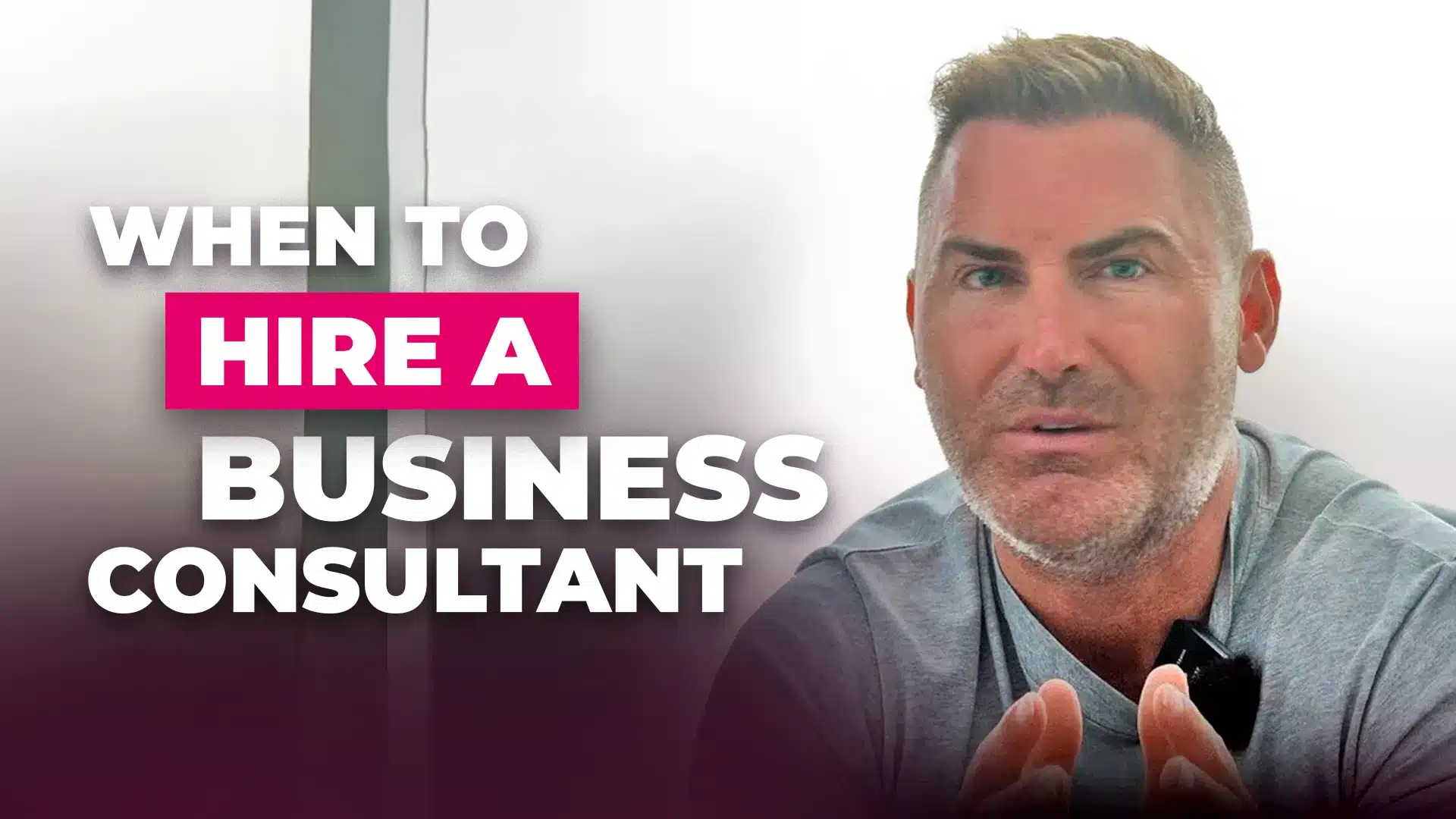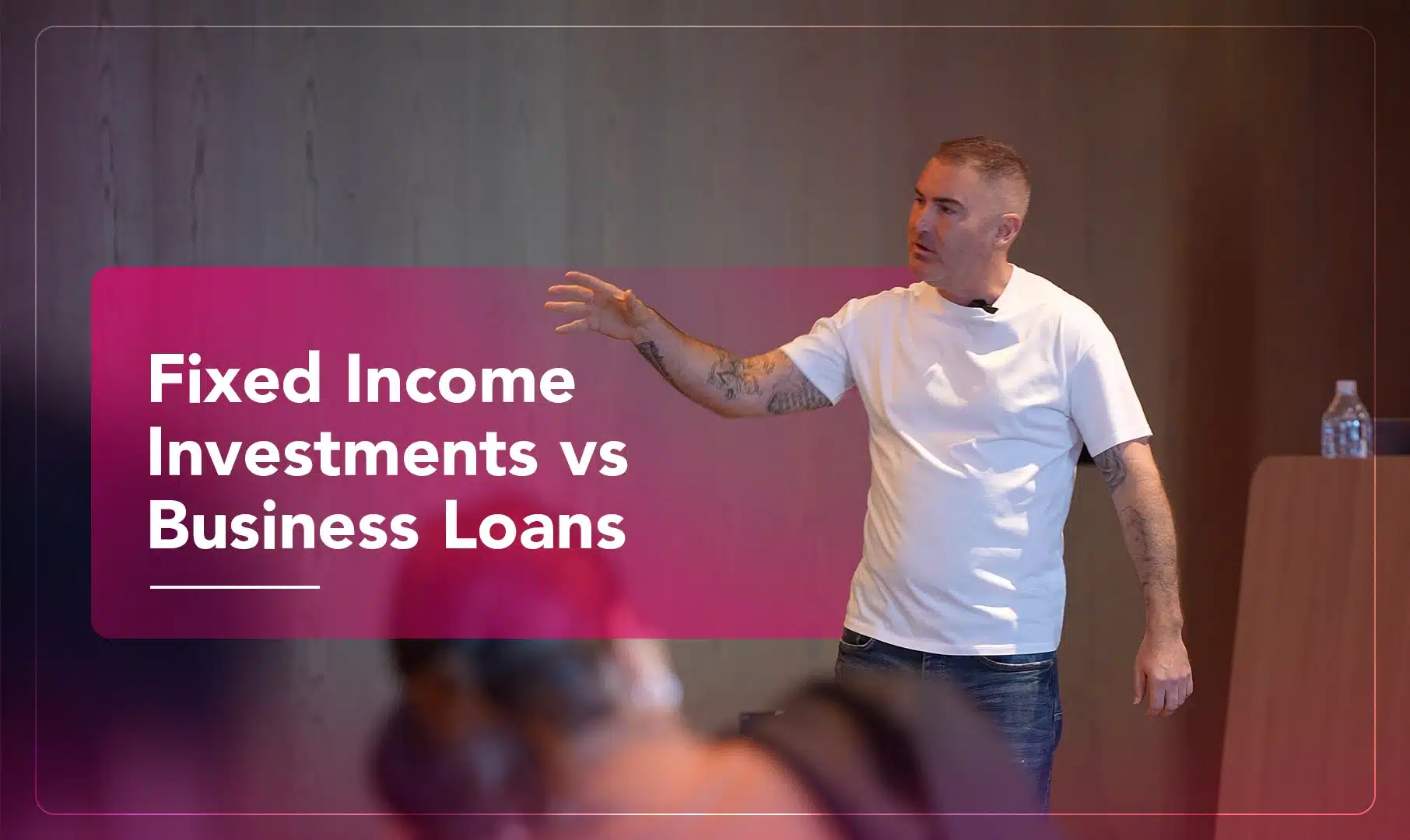
Read all about my experiences climbing to Everest Base Camp with Ant Middleton. The lessons learned & how it transformed my perspective on life.

Learn about the top 10 signs your business needs a professional business advisor. From cash flow issues to on clear strategy – make the change today!

Struggling with growth, finances, or efficiency? Discover the key moments when hiring a business consultant can transform your company’s success.

Learn how AI in small businesses drives growth and efficiency. Read our blog to explore its uses and thrive in today’s fast-paced world!

Top 10 Common Startup Mistakes (and How to Avoid Them)
Avoid the most common start-up mistakes that kill new businesses. Discover 10 key errors and how to fix them with expert Matt Haycox.

Beyond Base Camp: Lessons I Learnt From Everest
Read all about my experiences climbing to Everest Base Camp with Ant Middleton. The lessons learned & how it transformed my perspective on life.

Why Ambitious Dubai Start-Ups Need Business Speakers to Inspire Growth
Discover why Dubai’s start-ups thrive with the help of business speakers. Gain entrepreneurial insights, innovation strategies, and mindset guidance.

Measuring ROI of Motivational Business Speakers (2025 Guide)
Learn how to measure the ROI of hiring a business motivational speaker, from productivity boosts to team morale and team performance.

Top 10 Common Startup Mistakes (and How to Avoid Them)
Avoid the most common start-up mistakes that kill new businesses. Discover 10 key errors and how to fix them with expert Matt Haycox.

Beyond Base Camp: Lessons I Learnt From Everest
Read all about my experiences climbing to Everest Base Camp with Ant Middleton. The lessons learned & how it transformed my perspective on life.

What Are The Easiest Small Business Loans to Qualify For?
Learn about the easiest small business loans to qualify for. Simplify your

How Financial Consulting Can Help Your Business Achieve Long-Term Stability
Discover how financial consulting helps businesses achieve stability and growth through expert

Fixed Income Investments vs Business Loans: Which is Better for Scaling Your Business?
Fixed Income Investments vs Business Loans: Find out which funding option suits

Unlock Success: Business Speakers For Corporate Events
Learn why business speakers for Corporate events are a must! Learn the

11 Most Controversial Billionaire Quotes on Money & Wealth
Discover bold and unconventional billionaire quotes on money, success, and wealth-building that challenge traditional financial habits and beliefs.

Quick Business Loan Repayment: Best Practices for Entrepreneurs
Taking out a business loan can give your company the financial boost it needs, whether you’re launching, expanding or stabilising. However, repaying that loan quickly

Exploring Alternative Financing Options When Traditional Business Loans Aren’t an Option
Securing traditional business loans can be challenging, especially when you are doing

The Influence of Global Economic Trends on UK Business Investment Strategies
In today’s globalised world, businesses in the UK are navigating an increasingly

How Business Consultants Guide Start-Ups Toward Financial Stability
Starting a business is exciting, but keeping it afloat can be challenging.

Securing a Business Loan to Fund Digital Transformation: A Modern Guide
Digital transformation is more than just a buzzword, it’s essential for staying

Forging Business Warriors: Insights from Gladiator Summit Founder Dariush Soudi
Dariush is an experienced entrepreneur and life coach who has faced personal hardships, including heart attacks, betrayal, and loss.

Breaking Free: Natalie Russell on Empowering Women to Reclaim Their Lives and Relationships
Natalie Russell is a dedicated self-esteem and relationship recovery coach, creator of the Find Your Freedom program, and co-creator of Finding Freedom Women’s Collective and

The Power of Personal Branding: From Basics to Advanced Strategies, with Kelly Lundberg
Kelly Lundberg is a highly successful entrepreneur, personal brand strategist, and speaker.

From Football Dreams to Resilient Realities: Yannick Rebsamen’s Inspiring Journey of Overcoming Adversity and Rebuilding Life After Tragedy
Yannick is an inspiring entrepreneur whose life took a dramatic turn in

The Impact of Business Credit Scores on Securing a Loan
In today’s competitive business environment, securing a business loan can be crucial

Breaking Into E-Commerce: Key Strategies and Lessons Learned with Ehsan Razaq
Ehsan, founder of the largest E-commerce community in the Middle East at

Beyond Base Camp: Lessons I Learnt From Everest
Read all about my experiences climbing to Everest Base Camp with Ant Middleton. The lessons learned & how it transformed my perspective on life.

Measuring ROI of Motivational Business Speakers (2025 Guide)
Learn how to measure the ROI of hiring a business motivational speaker, from productivity boosts to team morale and team performance.

Unlock Success: Business Speakers For Corporate Events
Learn why business speakers for Corporate events are a must! Learn the

Business Coach for Entrepreneurs: Making Smarter Financial Decisions
Discover how a business coach for entrepreneurs can help you make smarter

Transformative Business Coaching: What to Expect and Achieve
Learn how business coaching helps entrepreneurs grow and make smarter decisions. Find

How A Business Coach Can Help You Overcome Imposter Syndrome
Imposter syndrome can hold even the most successful professionals back, leaving them

This One Strategy Raised Me Over £100 Million From Investors!
I’m writing this as I prepare to head over to my yacht, the tastefully named Seasquirter ?, to host one of my regular Thursday night

This week’s podcast! Matt Haycox chats to influencer boss Emilio Arciniega
In this episode, I explore Emilio’s journey into the marketing and talent industry, during which he turned a £40 commission into a full-time career. Learn

This week’s podcast! Matt Haycox chats to ex ‘SAS: Who Dares Wins’ Ant Middleton
Meet Ant Middleton—the real deal, a living, breathing symbol of resilience and

Change Your Environment, Change Your Life: Why Your Surroundings Matter
If you want to change your life, then change your environment!

This week’s podcast! Matt Haycox chats mental health with Dr. Frankie Jackson-Spence
This week, I’ve got a special episode for you, tying in with World

Happy World Smile Day!
Don’t worry, I am not jumping on a woke bandwagon and becoming
Subscribe To The No Bollocks Newsletter
Matt's Podcasts

STRIPPING OFF WITH MATT HAYCOX
Welcome to 'Stripping Off with Matt Haycox,' where we bare it all on business, money, and life. Get ready to peel back the layers of success with the Funding Guru himself, Matt Haycox.

NO BOLLOCKS WITH MATT HAYCOX
Welcome to "No Bollocks with Matt Haycox," the ultimate business podcast for entrepreneurs, CEOs, and anyone looking to climb the career ladder without the bullshit.

